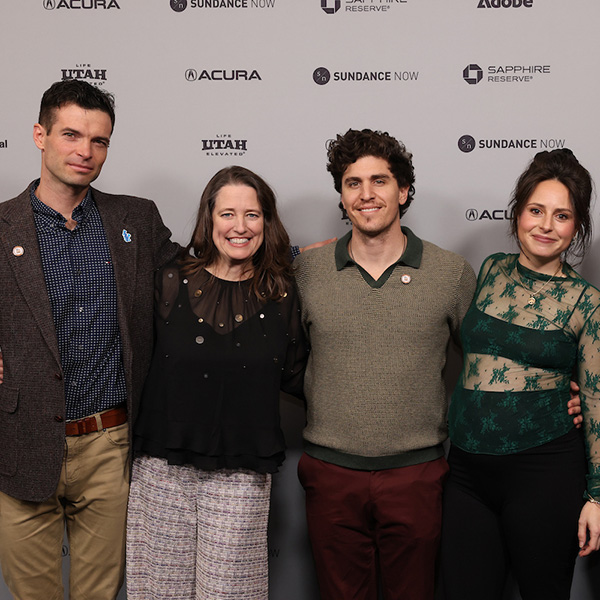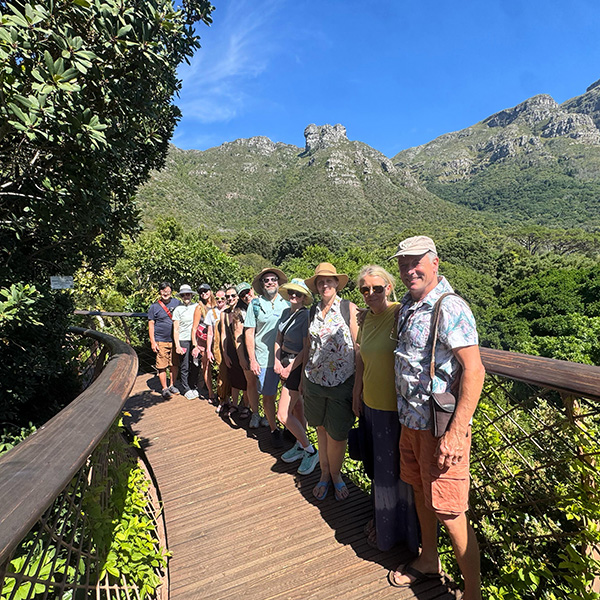
Westminster University announced today the recent awarding of a nearly $2 million grant from the National Science Foundation to increase the retention, graduation, and workforce readiness of low-income students studying in STEM fields.
The project, S-STEM: Guiding Readiness and Opportunities in the Workforce for STEM (GROWS) will provide 100 scholarships to 29 unique students over the course of six years, with a specific focus on supporting low-income students and increasing the computer science and data science skills of graduates across all STEM majors.
“We’re enormously proud of this landmark for Westminster University–the largest federal grant award in our history,” said President Beth Dobkin. “Westminster is on the forefront of nurturing and growing the next generation of scientists and engineers, and preparing every student to be ready to solve the complex challenges of an ever-changing world.”
Led by principal investigator Dr. Helen Hu, Professor of Computer Science, along with Dr. Kathryn Lenth (Associate Professor, Computer Science) and Dr. Frank Black (Professor of Chemistry), the program will support low-income students interested
in pursuing degrees in STEM–ranging from math to neuroscience to environmental science–with
mentorship, workforce preparation, and STEM skills development.
“This grant enables us to expand opportunities for Westminster students to develop
the skills and confidence needed to thrive in STEM,” said Dr. Hu. “Through this program,
we’re expanding the pipeline of qualified graduates for Utah’s tech sector–while also
increasing students’ economic mobility by preparing them for higher-paying STEM careers.”
Specific project objectives include reducing financial barriers that prevent talented students from pursuing STEM degrees, partnering with local industry to deliver mentoring and internship experiences, and placing 90% or more of GROWS graduates in STEM jobs or graduate school upon graduating. Westminster University currently offers majors in biology, chemistry, computer science, environmental studies, mathematics, neuroscience, and physics.




